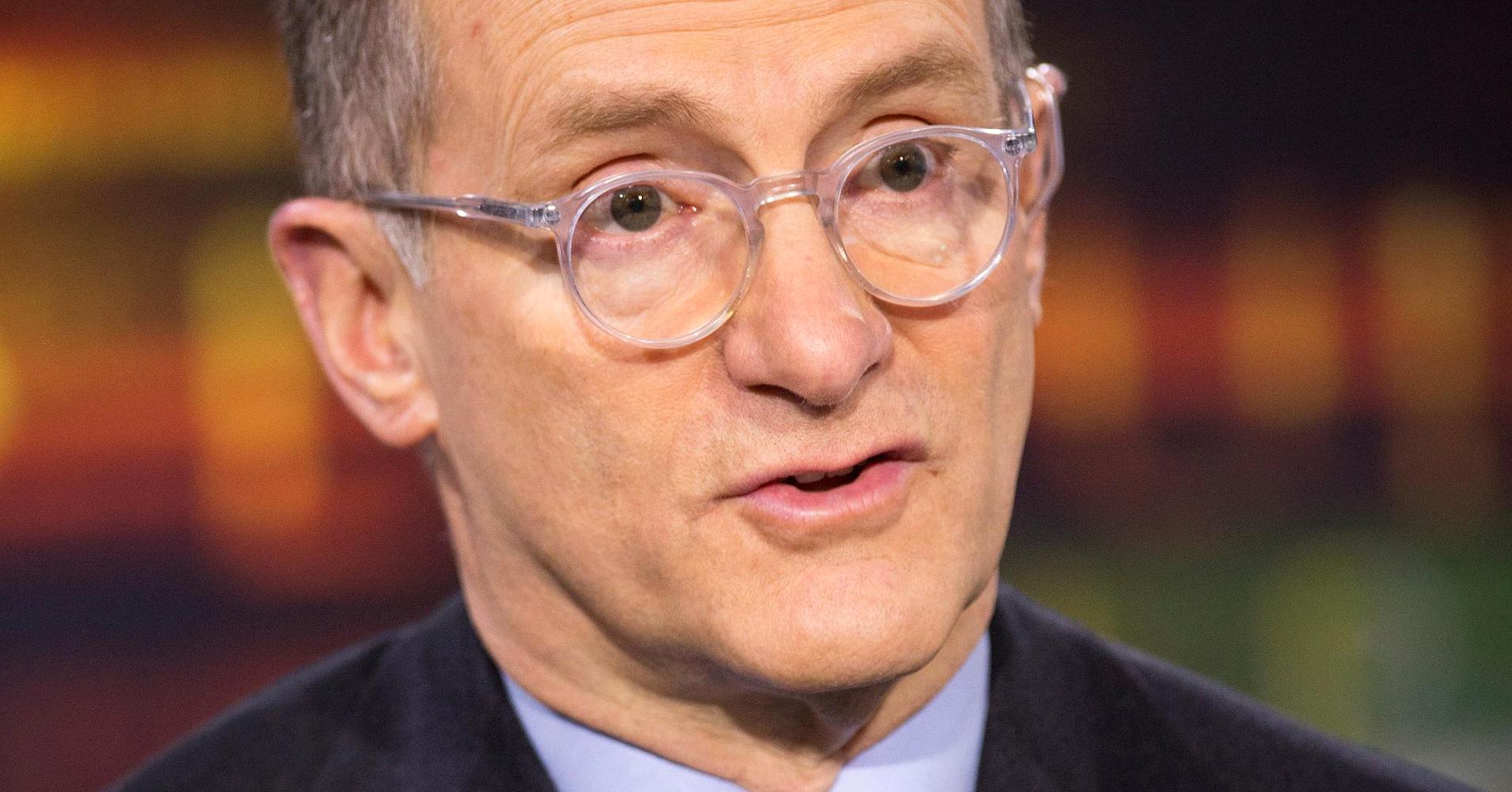It's dangerous when the market's at record levels to reach for a positive rationalization that has never held true in the past -Howard Marks
— Jesse Felder (@jessefelder) July 24, 2016
I’m always fascinated to witness how investor sentiment shifts in reaction to price. Stocks have recently risen to new highs and, in reaction, investors are grasping at straws in trying to justify extreme valuations amid an ongoing earnings recession.
One of these rationalizations is that equity valuations are justified by ultra-low interest rates. I will agree that low interest rates have inspired investors to push valuations higher. But this doesn’t mean that these valuations are “justified” by these low rates (though this sort of circular logic is not unique in the financial markets).
I have written a fair amount about this recently (see: “How To Interpret The Fed’s Warning On Stock Market Valuations“). In a much more eloquent piece, Jeff Snider, shows why this sort of thinking is just a classic Wall Street, “gimmick to justify the unjustifiable.”
'Popularity of the Fed Model today is nothing more than trying to work backward to a predetermined conclusion' https://t.co/YjyU5919Hv
— Jesse Felder (@jessefelder) July 21, 2016
Mark Hulbert also recently demonstrated that this Fed Model-based view about the relationship between stocks and interest rates is, in fact, completely contradicted by the evidence. He writes, “the stock market’s average return has been particularly poor following times when this spread was in the vicinity of where it is now.”
Low interest rates are the absolute worst reason to be bullish on stocks right now https://t.co/Yb2yi899yb pic.twitter.com/Lcp1tdqdsY
— Jesse Felder (@jessefelder) July 22, 2016
And make no mistake, T.I.N.A. (“there is no alternative” to owning stocks) is just another version of this Fed Model-based thinking. ‘Nothing else offers any sort of return so we have to buy stocks’ is not a valid investment thesis; it’s just another rationalization.
So we move on to one final rationalization I believe investors are using to underpin their bullish view of the equity markets despite their poor fundamentals. This is the view that, ‘the central bankers have our backs.’
It’s true that central bankers have explicitly cultivated the TINA mindset in order to create a ‘wealth effect.’ And I understand why investors would thus believe that surely central bankers would not now lead them astray. If the markets ever begin to weaken they reasonably expect them step in to support them. I also agree that the Fed is far more concerned with the stock market than anything else these days for this very reason.
Former #Fed Gov Warsh: "They look to me asset price dependent, more than they look data dependent." https://t.co/J06V0M0ydC
— Worth W. Wray (@WorthWray) July 22, 2016
Still, history shows that the Fed has never been able to prevent the sort of bust that necessarily follows this sort of boom in financial assets unsupported by fundamentals. To expect them to be able to do so today, despite all of the historical evidence to the contrary, is merely relying on another dangerous rationalization.
Wealth bubble in 'scary graph' flashes warning about future U.S. downturn https://t.co/Gboq5D95GJ via @RichMiller28 pic.twitter.com/XNiIbBv6Qx
— Bloomberg Markets (@markets) July 22, 2016
